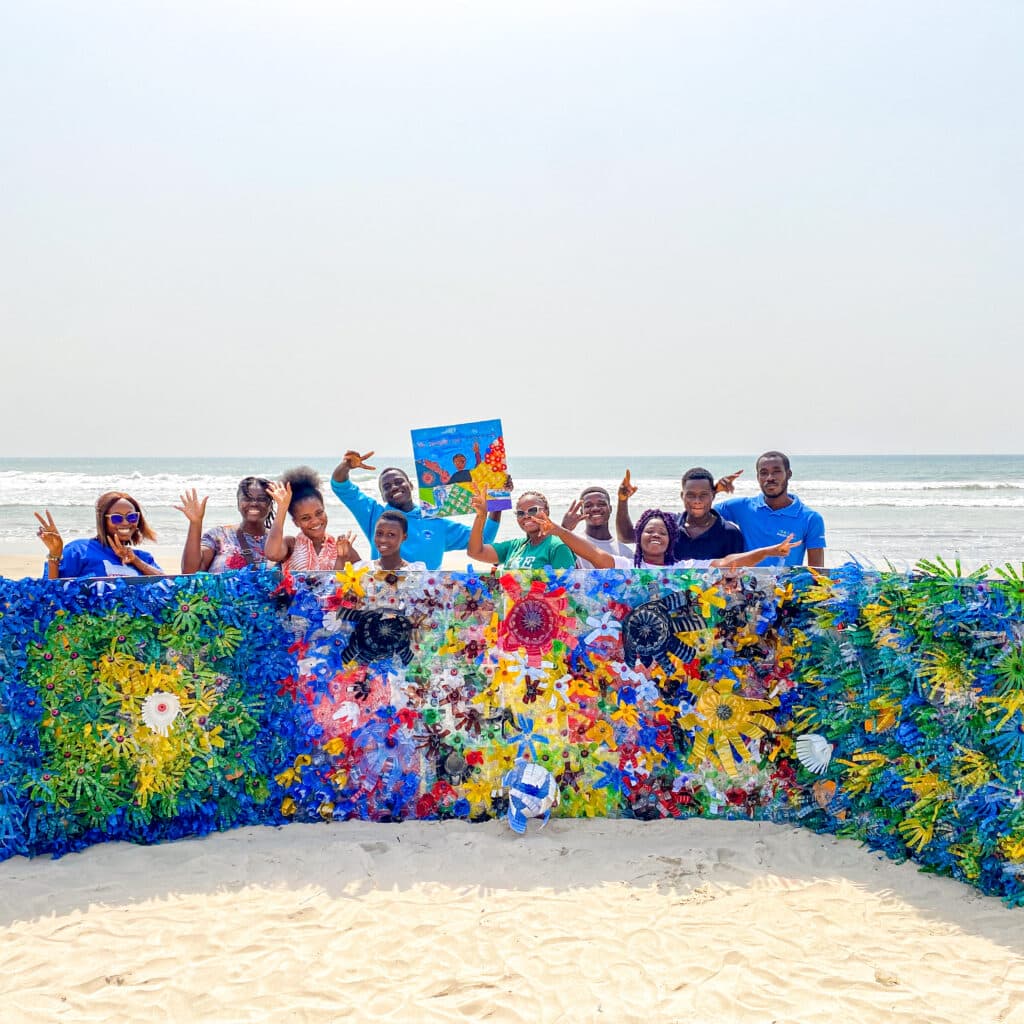Ghana Youth Environmental Movement (GYEM)

Organisational Profile
The Global Youth Empowerment Movement (GYEM) seeks to unite and empower young individuals from diverse backgrounds by equipping them with the necessary tools to launch disruptive campaigns and lead solutions to contemporary environmental challenges. Spanning from 2020 to 2025, GYEM’s strategic plan focuses on empowering grassroots activists, co-developing community-based resilience programs, and forming strategic alliances. To achieve these objectives, GYEM cultivates grassroots leaders to drive change, offers capacity building and training in public policy advocacy, and supports activists with strategies for creating synergies and partnerships. It promotes increased participation of women in its programs, raises awareness of health emergencies related to the environment, and develops youth-focused partnership strategies, engaging partners from various sectors to diversify the movement.
Project Overview
The Ban on Single-Use Plastics campaign, led by the Ghana Youth Environmental Movement (GYEM), calls for a ban on ten types of single-use plastics (SUPs) in Ghana. This initiative has five key outputs:
Coalition Building
Research & Insight
Awareness Creation
Engagement & Direct Action
Policy Influencing
Under the Strengthen the Roots initiative, the campaign emphasizes Awareness Creation and Engagement & Direct Action.
These plastics, intended for one-time use, significantly contribute to environmental pollution. The campaign aims to empower communities, promote sustainable alternatives, and increase awareness of ocean pollution through targeted initiatives. The objectives of this campaign are:
Empower community members to reduce their plastic footprint by equipping them with the knowledge necessary for making sustainable choices.
Promote locally available sustainable alternatives to single-use plastics for public adoption.
Raise awareness of ocean pollution through artistic installations aimed at beachgoers.
Outputs
Sensitization durbars at Kaneshie Market and Accra-Tema Station to educate diverse audiences about the environmental impact of single-use plastics and the importance of transitioning to sustainable alternatives.
A documentary produced to showcase eco-friendly alternatives to SUPs, featuring interviews with local businesses such as Reusable Bag Gh, Soko Bags Gh, and Dercol Bags Gh.
Alliances built with civil society organizations, media outlets, investment firms, and businesses creating sustainable alternatives to SUPs, including Gh Environment, Reusable Bag Gh, Soko Bags Gh, and Dercol Bags Gh.
Outcomes
Increased awareness of the harmful effects of SUPs, leading to a recognition of the link between SUPs and environmental hazards like flooding and cholera outbreaks.
A notable shift in consumer behavior towards sustainable alternatives, particularly among market women and event attendees.
Preliminary discussions with market and station management show a willingness to embrace the campaign’s objectives, indicating potential areas free from SUPs.
Partnerships with alternative producers have significantly increased visibility for these businesses, promoting sustainable alternatives to a broader audience.
€652 raised locally to support project activities.